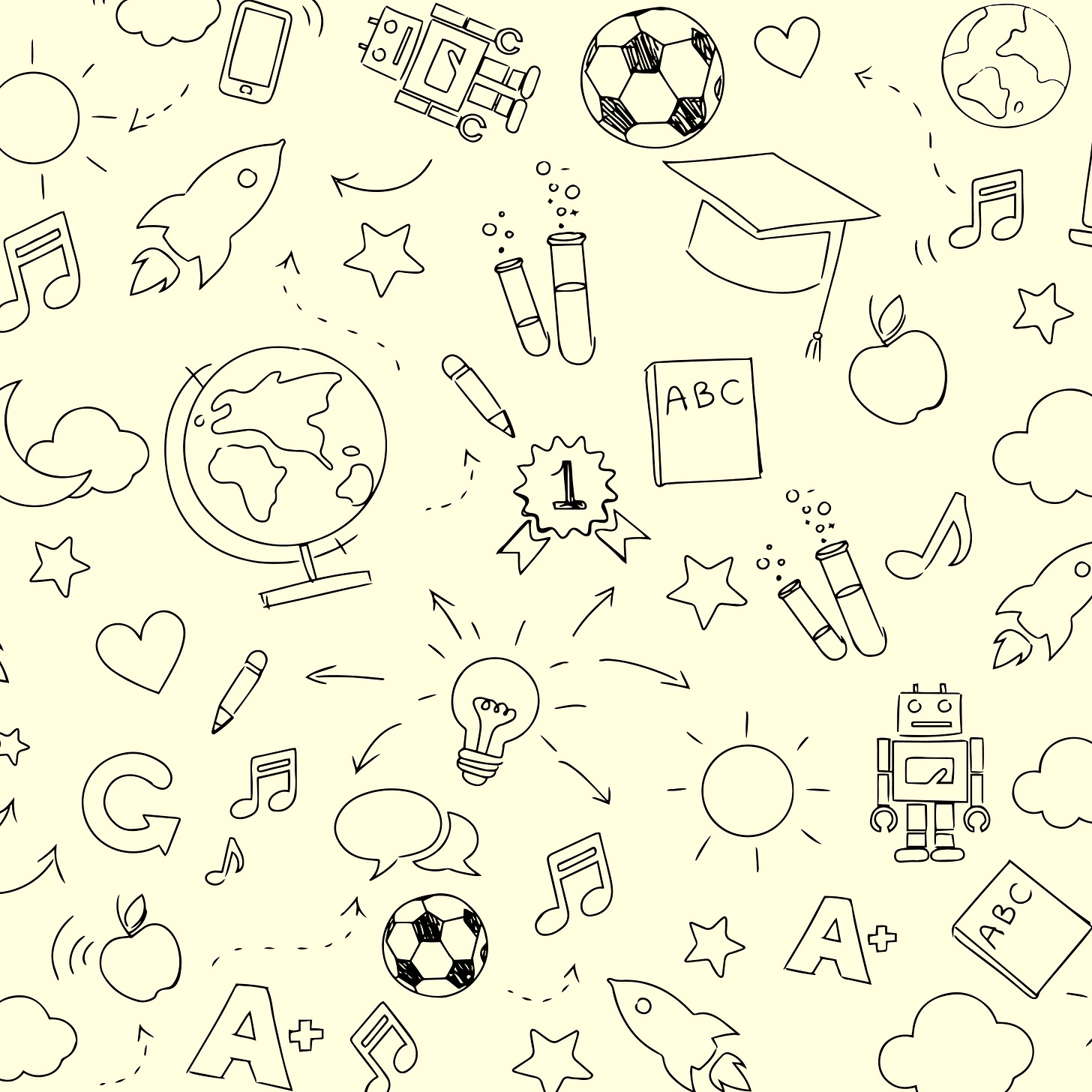Why Education is Creating an Unemployable Generation
Ask any kid how school is going, and they'll tell you: "School sucks." Ask any adult how work is treating them, and you'll hear: "Work is awful."
Is this just human nature—are we destined to be perpetually dissatisfied? Or have we created systems that genuinely fail the people trapped within them?
The answer is becoming brutally clear. Google just eliminated 35% of its small-team managers while Singapore's new graduates face 50% unemployment. This isn't coincidence—it's cause and effect. We've built an educational system that prepares students for misery, then delivers them into a workplace that no longer needs what they've been trained to do.
Look at what we’ve done. We're not just failing students. We're actively creating unemployable graduates.
But the damage goes deeper. We're systematically misfitting people's skills to the workforce reality. We're misaligning human capabilities with the technology we could actually be managing together. We keep failing people with layer after layer of misalignment—educational misalignment, skills misalignment, technological misalignment, generational misalignment.
The result? A cascade of human waste. Brilliant minds trained to do work that machines now do better. Creative potential channeled into processes that AI has already optimized. Strategic thinking crushed under bureaucratic systems that technology has made obsolete. And meanwhile, 95% of AI implementations fail because organizations don't understand how to integrate human intelligence with artificial intelligence.
What’s going on! We're not producing unemployable graduates by accident. We're manufacturing them through systematic misalignment at every level while simultaneously failing to harness the very technology that could amplify human potential.
The Teaching Crisis No One Admits
Here's the uncomfortable truth: Teachers aren't just reluctant to integrate AI—they fundamentally don't understand the work students will actually do.
While companies restructure around AI capabilities, educational institutions operate as if the workplace of 2025 is identical to 2005. The pedagogical framework remains anchored to industrial-age assumptions:
Knowledge is scarce and must be memorized
Individual work is superior to collaborative intelligence
Human-only processes are the gold standard
Linear thinking trumps iterative experimentation
This isn't just outdated—it's creating a generation trained to be incompetent in the actual workplace.
The Compound Effect of Pedagogical Lag
The problem compounds at every educational level:
Universities: Teaching Pre-AI Management
Business schools still teach management as if information flow requires human intermediaries. Students learn organizational charts designed for 1950s corporations while companies eliminate the middle management roles these frameworks justify.
The confusion is perfectly illustrated at Singapore's NTU, where the university is penalizing students for using AI tools while three students fight back, disputing the findings. This standoff reveals the deep uncertainty about what skills are actually needed—universities don't know whether to encourage or punish AI use, students don't know what employers actually want, and employers can't successfully implement the AI they're supposedly hiring for.
Nobody knows what they're doing. Universities guess at policies, students navigate conflicting signals, and companies fail at the AI integration they claim to need. Do you see what’s happening? We now have a systematic confusion at every level. Educational institutions don't know what to teach, students don't know what to learn, and organizations don't know what to implement. The result? Everyone making decisions based on incomplete understanding while the market continues to shift underneath them.
The Singapore Reality Check
50% graduate unemployment isn't economic—it's pedagogical failure. Graduates arrive with counterproductive skills:
Viewing AI as "cheating" rather than collaboration
Approaching problems with human-only solutions
Optimizing for individual over AI-augmented performance
Seeking single answers rather than iterative problem-solving
Meanwhile, their target jobs—middle management, information processing, routine analysis—are disappearing. Google's 35% small-team managerial staff reduction proves entire organizational layers become redundant. And then MIT reveals 95% of enterprise AI implementations fail. It looks like we have the perfect storm:
Students punished for AI collaboration skills
Graduates unemployed lacking AI collaboration skills
Companies failing at AI implementation lacking AI collaboration skills
Organizations eliminating roles for AI systems that don't work
The failures aren't technical—they're collaborative. Organizations treat AI as replacement rather than amplification, just like schools treat AI as threat rather than partnership.
The Existential Choice
Evolve or become irrelevant is up to us. Our education is in a pedagogical system failure. The NTU incident isn't isolated—it's symptomatic of systematic resistance to needed skills.
Organizations that survive will stop waiting for educational systems and start building AI-native capabilities directly.
Google's 35% staff reduction is just the beginning of workforce restructuring that schools are unprepared for.
My Voice: The Collective Evolution We Need
The revolution is here. The question is whether education will evolve fast enough to remain relevant.
This might sound like a personal rant, but the issue runs deeper than individual frustration. We're facing massive disruption across social structures, education systems, economic models, and even how humanity evolves. No single solution, no magic technology, no isolated policy change will fix this.
The solution demands collective effort: institutions must evolve, individuals must adapt, and organizations must lead. Survival of the fittest in the AI era means survival of the most adaptive—and that means all of us, working together, human with AI, before it's too late.

